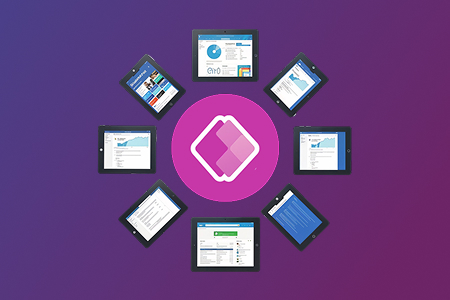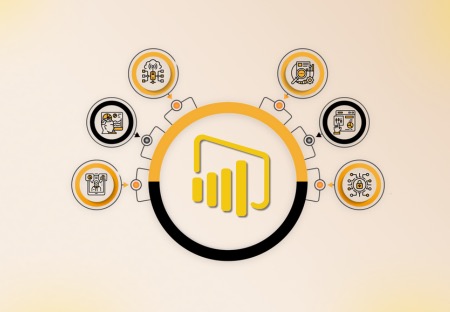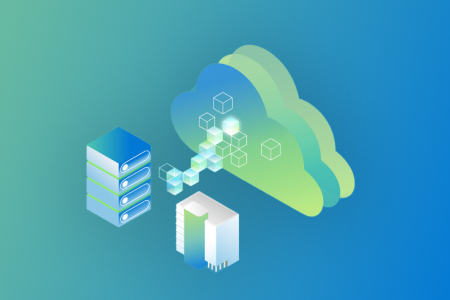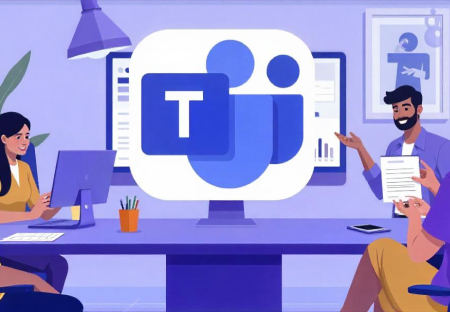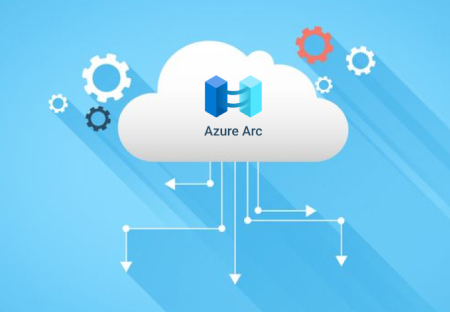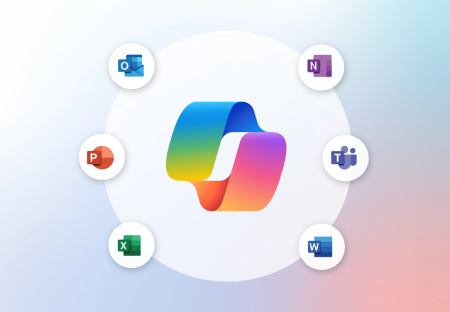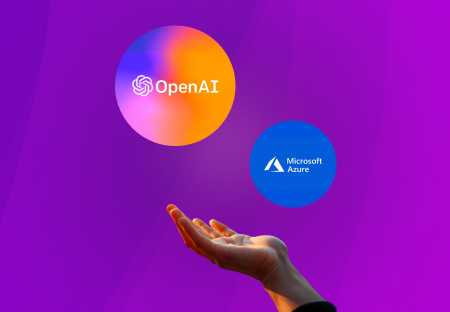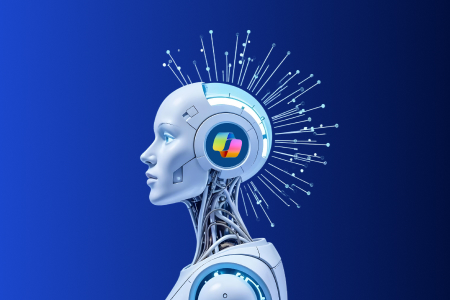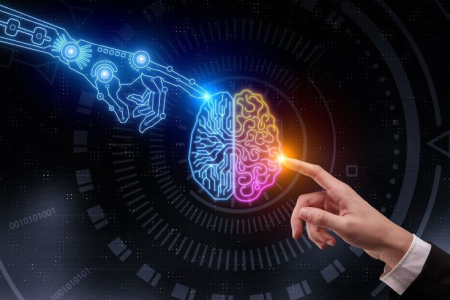Artificial Intelligence (AI) is rapidly transforming the workplace, offering a wide range of opportunities for businesses to enhance productivity, streamline processes, and drive innovation. However, along with the many benefits, AI also presents a set of challenges that companies must navigate to successfully integrate this advanced technology into their operations.
In this blog, we’ll explore how AI is shaping the future of work, what opportunities it creates, and the potential challenges businesses need to overcome.
Opportunities of AI in the Workplace
Increased Productivity Through Automation
One of the most significant impacts of AI in the workplace is automation. AI-powered tools and algorithms can handle repetitive tasks with precision, freeing up employees to focus on more strategic work. For example, AI-driven automation in industries like manufacturing and logistics has led to faster production cycles and minimized human error.
AI tools such as robotic process automation (RPA) are transforming administrative processes, automating everything from data entry to invoice processing. This leads to more efficient workflows and allows employees to dedicate time to higher-value tasks, resulting in increased overall productivity.
Enhanced Decision-Making with AI Analytics
AI has revolutionized data analysis by providing businesses with real-time insights and predictive analytics. AI-powered analytics platforms can process vast amounts of data much faster than human analysts, offering valuable insights for decision-making. This allows organizations to make data-driven decisions, improve operational efficiency, and better understand customer behavior.
For example, AI-based customer analytics tools enable companies to predict future purchasing patterns, helping businesses optimize their inventory, target marketing campaigns, and personalize customer experiences.
Personalized Employee Training and Development
AI’s impact isn’t limited to business processes; it also plays a critical role in employee development. AI-driven learning platforms can analyze individual employee strengths and weaknesses, offering personalized training recommendations. This helps businesses create targeted development plans for their workforce, leading to improved skills and enhanced employee engagement.
Furthermore, AI-powered chatbots can act as virtual mentors, offering employees on-demand guidance and support. This personalized approach to training enhances learning outcomes and makes continuous skill development more accessible.
Remote Work and Collaboration
The COVID-19 pandemic highlighted the importance of remote work and collaboration tools, and AI is playing a pivotal role in enhancing these capabilities. AI-driven platforms such as Microsoft Teams and Zoom now offer features like automated meeting transcriptions, real-time language translation, and smart scheduling, improving remote team communication and collaboration.
AI-powered tools are helping remote teams stay productive and connected, making it easier for businesses to maintain continuity regardless of physical location.
Challenges of AI in the Workplace
Job Displacement Concerns
While AI offers the potential to increase efficiency, it also raises concerns about job displacement. Automation threatens to replace jobs that involve repetitive tasks, particularly in industries like manufacturing, data entry, and customer support. The rise of AI-powered robots and machines could reduce the need for human labor, creating uncertainty for workers.
However, businesses have the opportunity to reskill their workforce to adapt to new roles that AI cannot easily perform, such as creative problem-solving, leadership, and emotional intelligence.
Data Privacy and Security Risks
AI systems rely heavily on data to function, and this presents a significant challenge in terms of data privacy and security. AI algorithms must be trained on vast datasets, which can include sensitive personal and business information. If mishandled, these datasets can be vulnerable to breaches or misuse.
Businesses must implement robust data security measures and comply with regulations like GDPR to protect customer data and maintain trust. AI systems must also be transparent in how they use data, ensuring that users understand the implications of sharing their information.
Bias in AI Decision-Making
AI algorithms can perpetuate and even amplify existing biases if they are not carefully designed and tested. For example, AI systems trained on biased datasets may make unfair decisions in hiring, lending, or policing. This presents a challenge for businesses to ensure their AI systems are fair, transparent, and accountable.
Addressing bias in AI requires continuous monitoring and auditing of AI models. Businesses need to invest in developing ethical AI frameworks that prioritize fairness and inclusivity.
The Need for New Skills
As AI becomes more integrated into the workplace, there is a growing demand for employees with AI-related skills. However, the pace of AI adoption is outstripping the rate at which the workforce is acquiring these skills. This skills gap poses a significant challenge for businesses looking to fully leverage AI technologies.
To address this challenge, companies must invest in upskilling their employees and collaborating with educational institutions to prepare the next generation of workers for AI-driven roles.
Balancing the Opportunities and Challenges
AI in the workplace offers significant opportunities for businesses to innovate and improve efficiency, but it also comes with challenges that must be addressed. Striking a balance between automation and human skills, ensuring data security, and fostering ethical AI practices will be key to successfully integrating AI into the workplace.
As AI continues to evolve, businesses that adopt a proactive approach to addressing these challenges while leveraging AI’s benefits will be best positioned for success in the future of work.
Conclusion
AI is transforming the modern workplace, offering businesses new opportunities to enhance productivity, make data-driven decisions, and provide personalized employee development. However, companies must also navigate challenges such as job displacement, data privacy concerns, and bias in AI systems. By addressing these issues and preparing for the future, businesses can successfully integrate AI into their operations and unlock its full potential.



